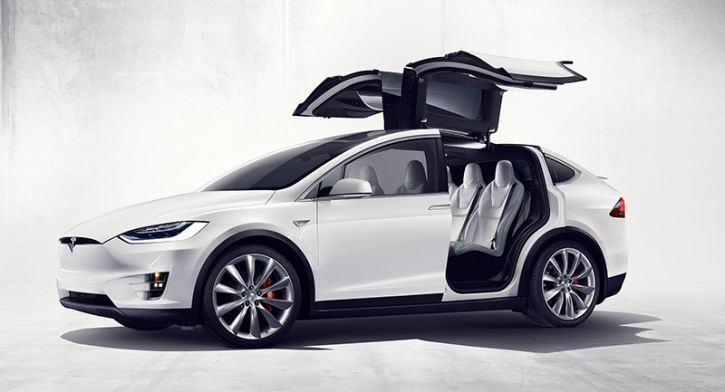Tesla owners are an interesting breed.
Apparently, if I owned a Tesla, I could entice my other wealthy environmentalist friends to purchase a Tesla using my referral link. They would get a $1,200 credit towards the cost of installing a home Electric Vehicle (EV) charger, and I would get a chance to win a Ludicrous P90D Model X and a private tour of SpaceX. So then I could own two Teslas and get to see rockets up close. Yippee!

Recently, I read a book by Craig Wilson entitled The Compass and the Nail: How the Patagonia model of loyalty can save your business, and might just save the planet. The book outlines a strategy that brands can use to create a loyal following of “cheerleaders” to champion the brand’s message. According to Wilson, there are different platforms that brands can use to create rabid fan bases, and it appears that Tesla is attempting to hit more than one of them.
Some brands, like Amazon, build loyalty through convenience, making it beyond easy for customers to utilize and access their services. Other brands, like Patagonia, create fanatical customers through an authentic ethical value system, giving consumers the means to make the world a better place by buying (or not buying) a Patagonia jacket. Claims of superior quality and an abundance of promotional loyalty programs help other brands create cheerleaders.
Craig Wilson claims that some of these “bonds of loyalty” work better than others in the long run. For example, brands that build fan bases using convenience or promotions can be easily usurped by the next brand that provides similar products more conveniently or with better loyalty perks. Wilson is especially harsh on promotional bond-building, because he says true brand cheerleaders shouldn’t need monetary incentives to be a loyal customer. In the case of airline credit card, consumers tend to choose a points program with an airline company they are already loyal to, whether that’s because of the convenient routes it offers or the superior customer service it provides. The loyalty program is just the icing on the cake.
Looking through the lens of Wilson’s theories makes Tesla’s referral program a very interesting case study. Tesla’s brand image definitely hits the superiority and ethical buckets. Owners of a Model S are often wealthy people who want a classy car that won’t ruin the environment. Are those same consumers likely to become bigger brand advocates by participating in a referral program? It doesn’t seem likely.
It seems to me that Tesla is trying to expand its customer base to make Teslas slightly more accessible to the less-wealthy individual. This diluting of the brand message has destroyed many companies, and it will be interesting to see whether this referral program gains traction and confuses Tesla’s core consumer.
My favorite part about the referral program, however, is the fine print, which gives Tesla the right to withhold the prize from anyone they think has not participated in good faith. Just like when Elon Musk canceled a customer’s pre-order of the Model X because that customer wrote a “super rude” blog post about Tesla’s launch party. I guess when you’re Elon Musk, you can basically do whatever you want. It sure will be interesting to see how Musk’s influence impacts his brands over the next few years.
